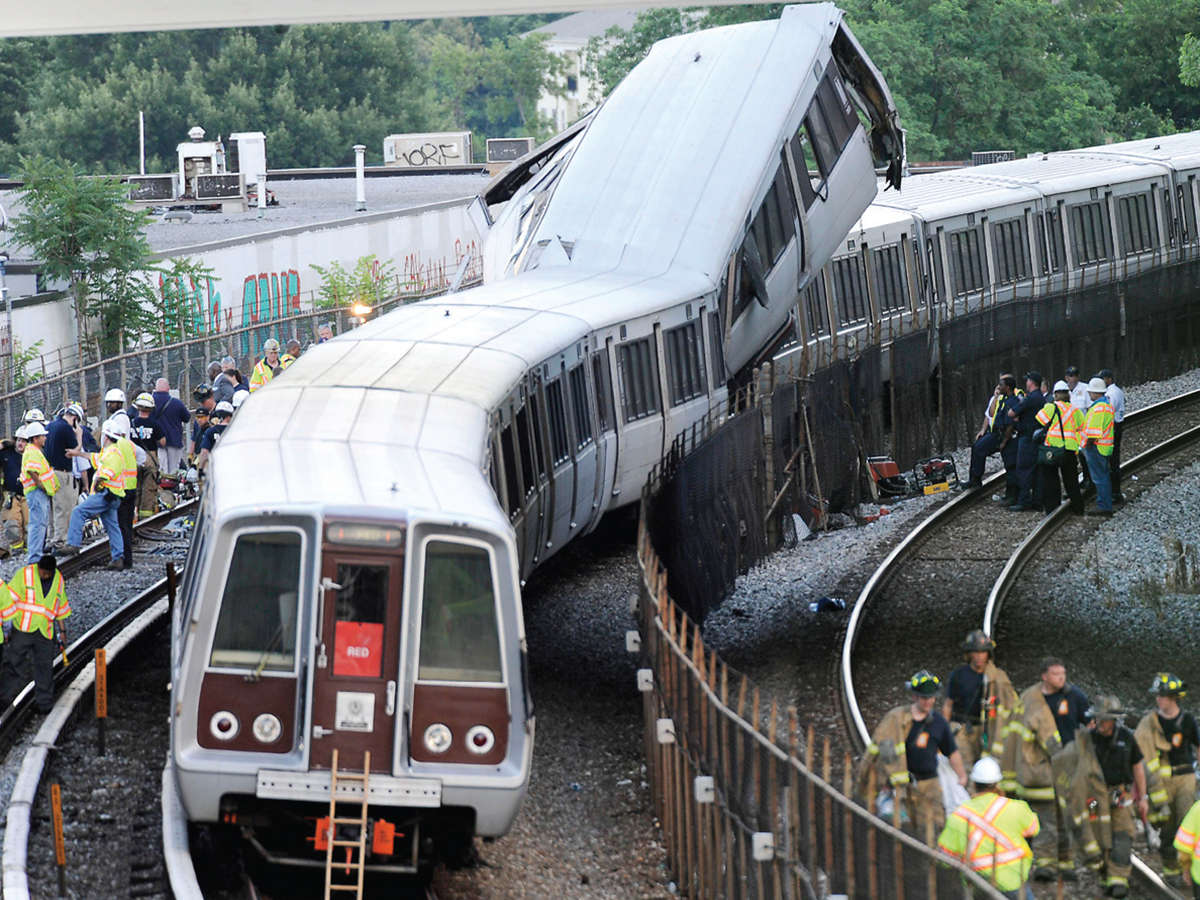
It’s no secret that viewership for the 2016 presidential debates has reached all time highs. In the past, the Republican presidential primary debates averaged about three to four million viewers this early on in elections, but when Fox News premiered the first debate back in August, it managed to reach an average of 24 million viewers. CNN, which aired the second Republican debate, also saw high numbers of an average 23 million viewers. This past Wednesday marked the third Republican primary debate, which, despite being on the unconventional business channel CNBC, managed to receive 14 billion viewers.
There’s a reason for this increase in viewership, but it’s not simply the notion that we’ve all just suddenly become extremely politically aware. In fact, It is because this election is unlike anything we ever imagined a presidential race would become. Sure, we love to joke about our favorite rappers or celebrities running for president, but there is a widespread understanding that it’s probably not going to happen. We have grown to expect standard candidates — ones with a political backgrounds along with the occasional CEO — and we assume a certain standard of a presidential race.
But, that has not been the case. Instead, we’re watching a constant news cycle of Donald Trump, the business icon with questionable domestic affair policies, Ben Carson, the neurosurgeon with low-energy and no filter when speaking, Bernie Sanders, the self-proclaimed Democratic Socialist who plans to make everything free and have Wall Street pay for it and Hillary Clinton, the politically savvy front-runner hit with a scandal when she least expected it.
You know the feeling when you realize a situation has gone in a way you had not at all anticipated, and the resulting chaos is both terrifying and captivating in a way that you cannot bring yourself to stop watching? That is what I assume many Americans tune into the news. We’re watching the debates at a higher rate than ever because everything about it — from the nominees, to the sheer quantity of them, to their eclectic personalities, to the unpredictability of their success — are things we value when watching our favorite television programs. Except now it’s real life. At such an early stage of the election, it’s already become a competition for who can say the most controversial comment or insult another candidate for a quick second in the media attention. And when we live in a culture that appreciates some good reality television, how can we resist?
And while the cast of Republican candidates gives off a TV competition feel — where many different ambitious people have come together with little fear of hurting feelings or each other — the Democratic candidates are more like a classic power struggle drama, featuring the rise of an underdog. Bernie Sanders was relatively unknown at the start of this election cycle while Hillary Clinton was instantly recognizable to anyone in our generation.
The running joke since long before the election was that Hillary was a shoo-in — that the Democratic primary debates would just be a reminder of why she should be the nominee. But instead, Sanders managed to energize much of the millennial vote by talking about issues and solutions that our generation cares about — a demographic where Clinton was supposed to shine. And at the same time, while Clinton should be focusing media attention onto her campaign, her email scandal remains a top headline. And although she’s trying to play it like everything is fine, it’s easy to tell that life at the top isn’t so stable anymore. And it’s no surprise that we’ve started to root for the little guy.
So now, headlines often sound like lines out of a script. The way candidates interact with each other has gone beyond policy and become carefully created moments for maximum publicity. The candidates themselves are like an eclectic cast that even the best couldn’t have put together. The debates are unusual and entertaining, what many are calling the “next best thing in television.” So, of course viewership for the debates have increased. The play for the presidency has turned into a performance for the people. And this is a show we don’t want to miss.








